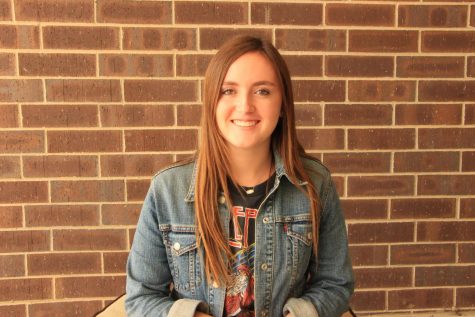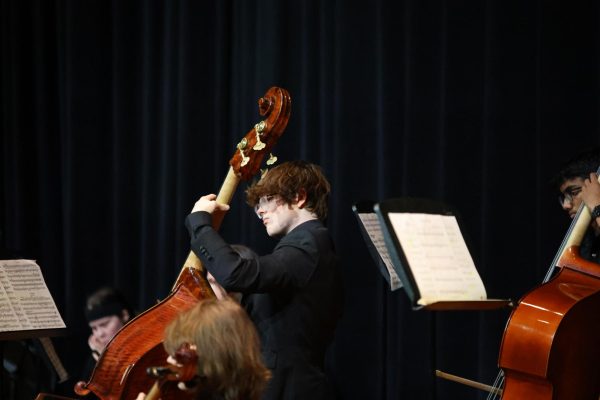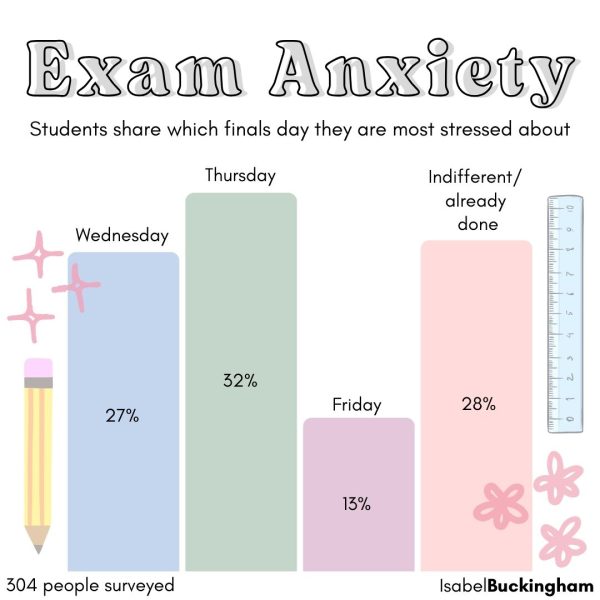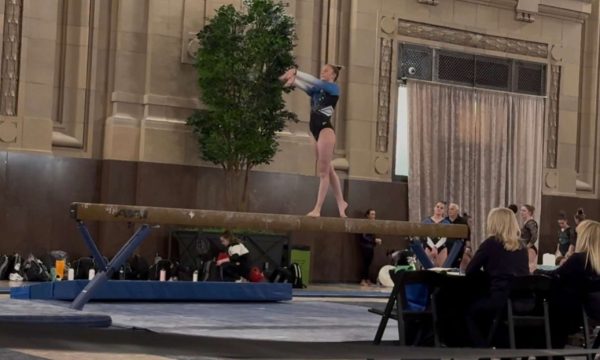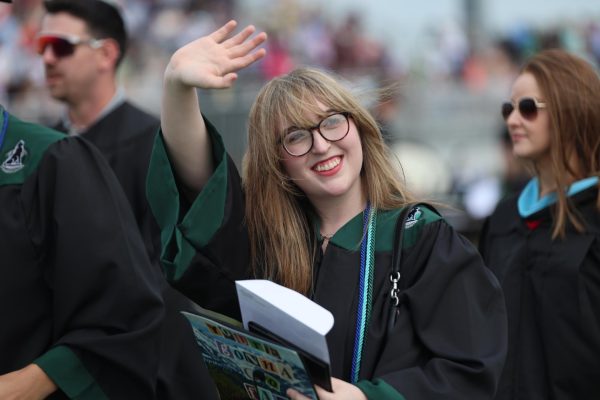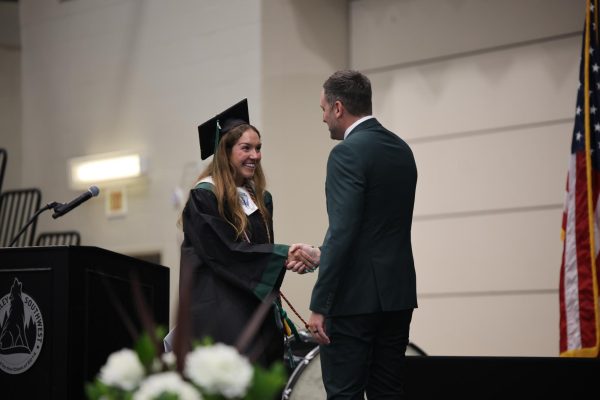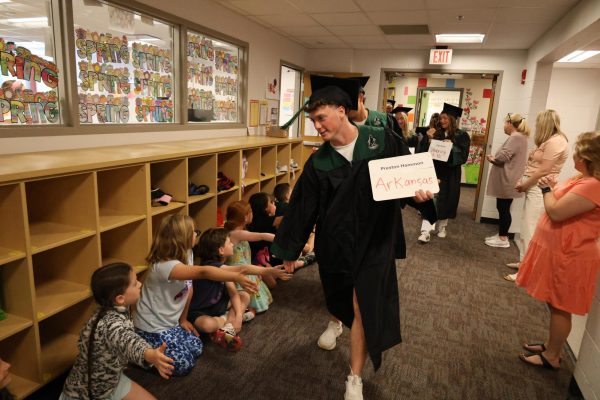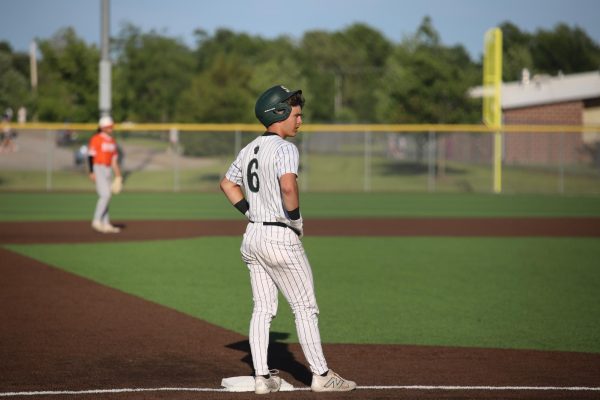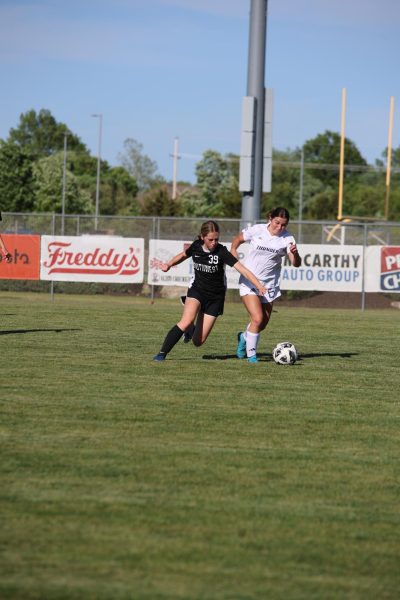Senior Ahmed Shabbir travels to Kenya to construct glasses for locals
In a country populated with about 44 million people, according to unicef.org, nearly 50 percent of Kenyans live below the poverty line. Living below this line generally alludes to life without “health care, education, clean water and sanitation.”
Senior Ahmed Shabbir grew up within a religion and household that values volunteering and helping others. Ahmed has devoted tremendous amounts of time to the medical community and hospitals throughout the KC metro area, including University of Kansas Medical Center, University of Missouri-Kansas City and Truman Medical Center. The hours have added up over the years to nearly 500 or more, all of which Ahmed credits to his ever-growing passion to have a career in the medical field. However, with the amount of time spent in Kansas, Ahmed said he wanted something more.
“I’ve grown in my passion of helping other people and medicine to where I’m wanting more than just what’s offered in the Kansas City area,” Ahmed said.
To appease his desires to influence the world outside of the Kansas City area, Ahmed traveled to Kenya over the summer with a not-for-profit organization. The organization’s aim is to gift people, lacking the means or knowledge of eye care or protection, with custom-made glasses.
“A friend of ours has this not-for-profit organization where they create these eye testing kits and eyeglass kits to test people [with], and to build their frame with custom-prescription glasses, for near sight and far sight,” Ahmed said.
In order to carry out the eye testing process with a language barrier, Ahmed said the actual tests focus on the direction of a letter, rather than different letters. The rest of the process is similar to one carried out by an optometrist but shortened down and faster.
“Once we found out what the prescription was we would hand make [the glasses],” Ahmed said. “The frame was a one-size-fits-all frame, and the lenses varied by prescription. Once we compiled it all together, we just popped in the lenses, secured them, wiped them to make sure there was no dust and whatnot, and gave it to the person the next day.”
In the village, Ahmed and his team were able to test around 270 people and they gave away around 70 glasses.
“I was able to help about 270 people learn about eye protection, eyeglass wear [and] eye vision correction, because in Kenya, unfortunately, they don’t have that type of health care knowledge regarding eyesight,” Ahmed said.
Ahmed was accompanied on his trip by his mother, Mahnaz Shabbir. Both Mahnaz and Ahmed commented on the impact the glasses left on the community and its individuals.
“It was the first time these people had their eyes tested,” Mahnaz said. “It was amazing to see their smiles when they could see so much better with the eyeglasses.”
Not only did the glasses improve the villagers sight, but Mahnaz said the glasses brought along joy and happiness to the people as well.
“[Ahmed] saw children reading books with smiles and just being happy; that’s priceless,” Mahnaz said.
Children were not the only recipients of the eye care provided by Ahmed, he also tested and gave away glasses to the elderly. One 84-year-old man, in particular, stood out to Ahmed.
“There was an elderly man who I got to know pretty well,” Ahmed said. “He was 84 years old and he was still sticking around. For Kenya that’s pretty impressive. Unfortunately, they don’t have the healthcare system that we do, and for 84 in Kenya is pretty astounding. He came over, walking, and he sat down. His eyes were really, really bad. He couldn’t see to the second line which is like 20/70, and he needed some pretty big glasses to correct his vision. Once we figured it out, then he put on the glasses and he said that he felt young again.”
With routine, in-school eye checkups, Ahmed said students often overlook how good they have it, and how lucky they are to have something as “minute” as glasses. Ahmed’s friend, senior Saketh Bhavanasi, said that glasses are revolutionary and life-changing for some people.
“He wants to help people and I think it was cool how he was able to help the less fortunate, who couldn’t afford glasses, and didn’t even know what they were,” Bhavanasi said.
Although the intent of his trip was to give back and lend a helping hand to those in need, Ahmed said his actions did not come without reward.
“When you give them the opportunity to literally see from a different point of view, then it feels like nothing else you feel,” Ahmed said.
Ahmed’s trip to Kenya did not only reward him with an in-the-moment take away, but Bhavanasi said that the trip taught Ahmed a lesson he began to apply to his everyday life.
“He came back and he talked about how he wouldn’t take anything for granted anymore, and how it gave him a whole different view on life,” Bhavanasi said.
Close friends and family weren’t the only ones to notice Ahmed’s change of heart. History teacher Kathryn Pinto said she believes volunteer trips often aid in the volunteer’s personal growth.
“I think we have a lot of students who do these kinds of selfless acts where they get out and they see another part of the world and it changes them,” Pinto said.
Ahmed’s helping hand did not dissipate after his trip to Kenya; his drive to volunteer continued.
“I feel Ahmed became even more determined in his desire to become a physician,” Mahnaz said. “He didn’t skip a beat when he returned home, because the day after we returned, he was volunteering his time at the Alzheimer’s research program at KU Medical Center, volunteering at Truman Medical Center and volunteering his time at the UMKC Medical School as a research assistant for one of the associate deans — that was his summer. Ahmed has always had a kind heart.”
Ahmed said his trip to Kenya was an important turning point in his life. He said the trip showed him the world outside of the Kansas City area, and the amount of resources and items he has in Johnson County that he should be grateful for.
“When you connect with organizations that do this kind of work it shows you the greater good and basically gives you real world experience of how you can make an impact,” Pinto said.
Although his trip to Kenya was short, Ahmed said he will take the lessons he learned and the moments that changed his perspective on with him later in life and into his career. Ahmed said his trip to Kenya showed him that he is meant to help others and solidified his passion in the medical field.
“As children grow and become teenagers, I think the opportunity to do projects — like a medical trip, volunteer at Harvesters or a local hospital — helps teenagers grow and develop so, when they graduate from high school, they have experiences of helping others and will continue to do so as adults,” Mahnaz said.


